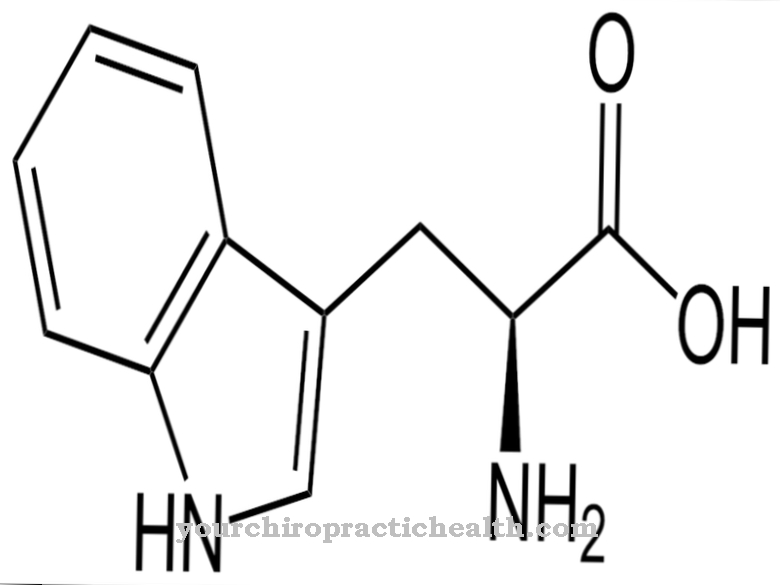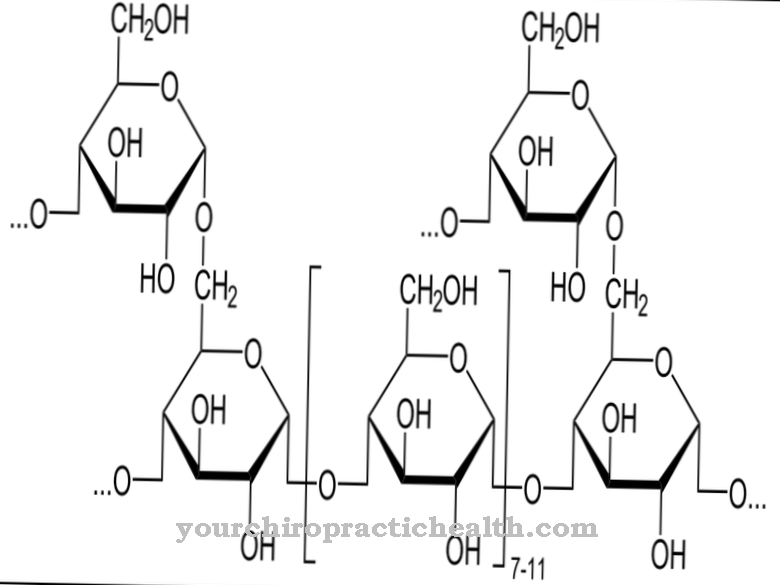Food supplements are nutrient concentrates that can be taken in dosed form - e.g. as a tablet, capsule or powder - in addition to general nutrition. They serve to optimally supply the metabolism with nutrients and active substances such as vitamins or minerals and fiber, but must not have any therapeutic benefit.
What are dietary supplements?

Legally they are Food supplements assigned to food and thus fall under the provisions of the Food and Feed Code (LFGB) in Germany; the permitted minerals and vitamins are listed in the dietary supplement regulation.
Due to their nutritional and physiological effects, certain food supplements also have the properties of pharmaceuticals. According to the Food Supplements Ordinance, the ingredients may only contain food-specific raw materials in accordance with the LFGB.
Nevertheless, many manufacturers try to sell products as dietary supplements that actually have to be legally assigned to medicinal products.
Medical & health application
The ingredients of Nutritional supplements can fulfill an important benefit for human metabolism; However, it is hardly possible to make specific statements about effectiveness, as the substances have different effects from one person to another. For certain groups of people who have an increased need for nutrients, dietary supplements can certainly be useful if the general diet does not provide sufficient nutrients and therefore the energy supply must be supported.
An undersupply of nutrients and vitamins leads to a reduced activity of hormones and enzymes, the consequences are then tiredness, exhaustion and lack of energy and the resulting decrease in performance. This applies above all to pregnant women, children and adolescents, the elderly, the chronically ill or competitive athletes. Depending on the phase of life or the physical strain and the associated energy consumption, they need more vitamins and nutrients; in some cases this can even be twice the normal requirement.
Despite a balanced diet, it can often be difficult in everyday practice to meet this increased need, so that in this case food supplements can be used sensibly. In the case of seniors, there is also the fact that the general intake of nutrients is often restricted by the use of medication and dietary supplements should therefore be taken in addition to general nutrition.
Herbal, natural & chemical food supplements
In Nutritional supplements a wide variety of substances can be found that are indispensable for the organism. In addition to vitamins, these include fiber, minerals, trace elements or fatty and amino acids.
As a rule, they are to be taken in concentrated form as tablets or capsules, sometimes also as a powder. In these, either individual active ingredients are offered as a single preparation, but often different ones in a combination preparation, so that a combined intake is possible without a large number of different products.
Since they are assigned to food, they are freely available in stores, but must be accompanied by an indication of the recommended daily consumption. In order to develop their effect, food supplements are usually to be taken over a longer period of time; if there is a constant undersupply of nutrients, they should be taken permanently.
Risks & side effects
When taking Nutritional supplements however, there are also risks and side effects to consider. If a balanced diet already covers the need for nutrients, taking additional supplements leads to an overdose, which can have adverse effects on health.
Exceeding the maximum recommended amount of certain active ingredients leads to kidney stones and a drop in blood pressure (calcium), slow heartbeat and impaired kidney function (magnesium), and bone decalcification (vitamin D). The danger of an overdose of dietary supplements should not be underestimated, so they should not be taken carelessly.


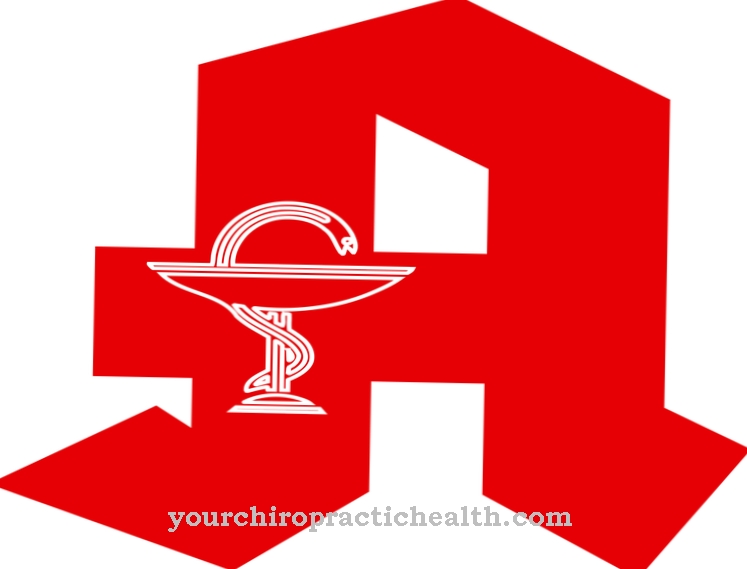






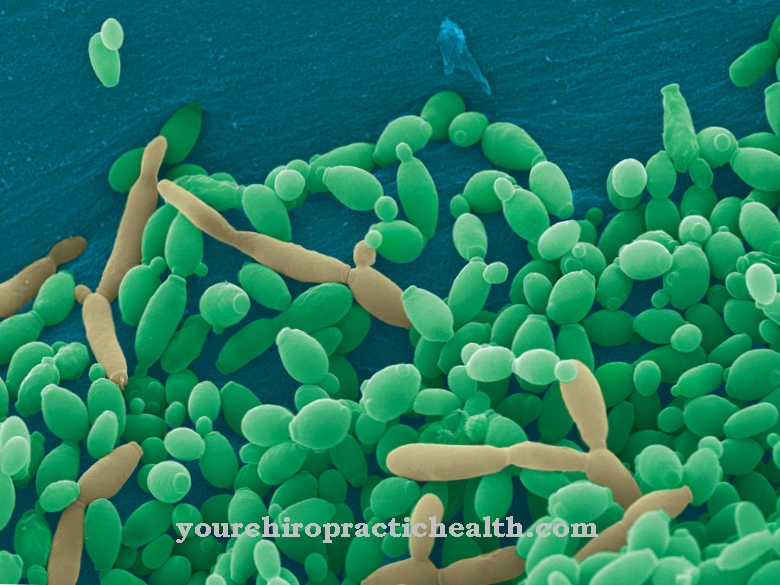


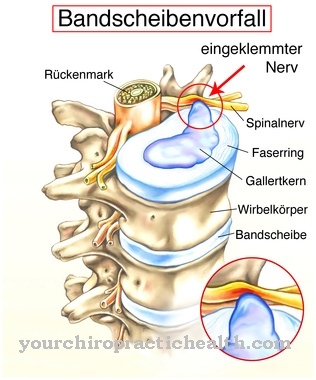




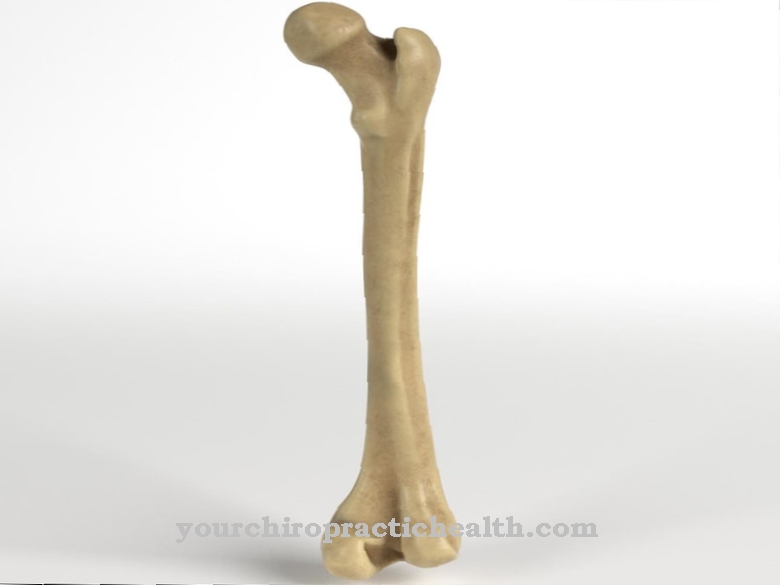




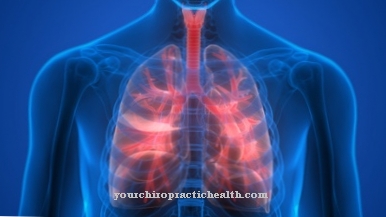
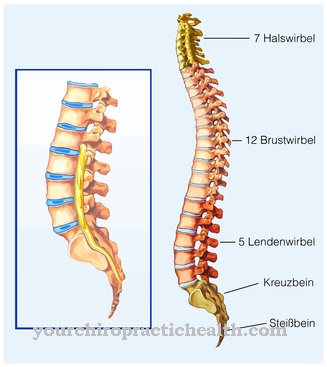
.jpg)
.jpg)

